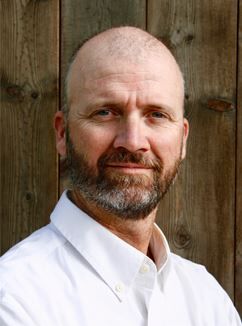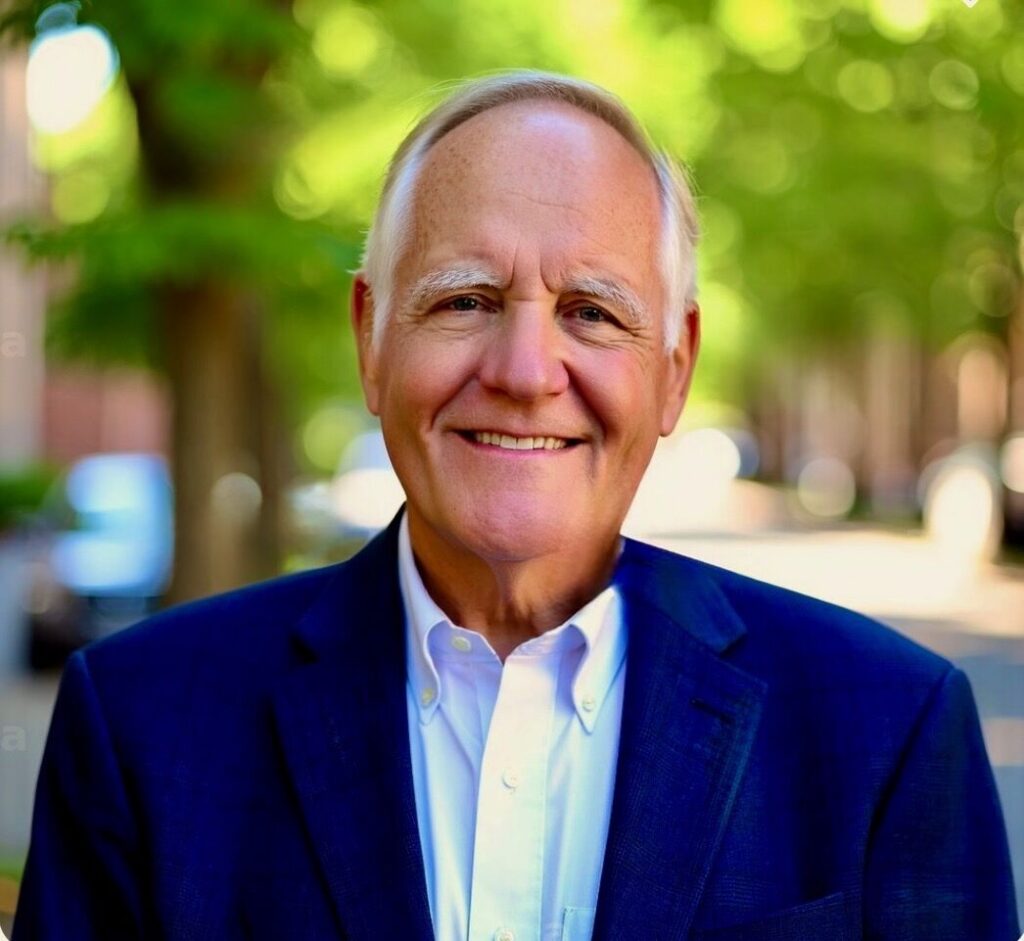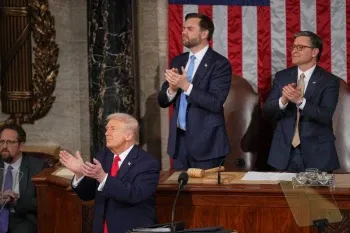How Dems, GOP each legally ‘rig’ presidential primaries, caucuses | CRONIN & LOEVY


There has been a lot of talk about “rigging” elections in the United States lately. Former Republican President Donald Trump has argued that the 2020 presidential election was rigged so that current Democratic President Joe Biden won and Trump lost.
Most observers of American politics deny such rigging existed.
But get ready for even more rigging of U.S. elections. The 2024 presidential primary elections and caucuses begin in a week on Monday, January 15, with the Iowa caucuses for the Republican Party.
We contend supporters of both President Joe Biden and former President Donald Trump have rigged the upcoming calendar of primaries and caucuses to benefit their candidacies for their political party’s presidential nomination.
And all this rigging of presidential primaries and caucuses is legal.
Only the Republican Party is holding the traditional “First In The Nation” Iowa caucuses in a week. The Democratic National Committee canceled the early Democratic Party Iowa caucuses for 2024, moving them to Super Tuesday, March 5.
Stay up to speed: Sign up for daily opinion in your inbox Monday-Friday
One reason given for this change was that the Iowa caucuses were improperly operated in 2020 by those in charge and the greatly anticipated results were not available until several days after caucuses day.
The reason we give for the Democrats cancelling the early Iowa caucuses is the Biden forces thought they might lose the early Iowa caucuses. They therefore designated the first state in their official calendar of primaries and caucuses to be the South Carolina primary on Feb. 3.
The Democrats figured Biden would win South Carolina, with its large pro-Democratic African American population, and start building momentum for winning future caucuses and primaries.
Momentum, gained by winning early primaries and caucuses, is what wins major political party presidential nominations.
But there is even more legal rigging going on with the Republican presidential primaries and caucuses. In our view, four Republican caucuses have been scheduled prior to Super Tuesday, all for the purpose of giving Republican candidate Donald Trump easy headline-grabbing wins prior to the crucial Super Tuesday voting.
We call Super Tuesday crucial because that is the day, Tuesday, March 5, when 13 states hold Republican primaries and three have caucuses. Some of the states with primaries, such as North Carolina, Texas, California and Virginia, are highly populated.
With so many states and such a large number of convention delegates up for election on the same day, presidential candidates want to win big on Super Tuesday. The heavy voting that day often determines which candidate gets the party nomination for president.
And candidates will do best on Super Tuesday if they have won several primaries and caucuses in the few days and the two weeks just prior to Super Tuesday.
So, for the first time ever, three states have scheduled Republican caucuses in the three days prior to Super Tuesday on March 5. They are Idaho and Missouri on March 2 and North Dakota on March 4.
All three of those states voted for Donald Trump in the 2020 presidential election. They thus are likely to vote for him again in these three newly scheduled 2024 caucuses, and that will give Trump lots of momentum going into Super Tuesday.
At this point it is important to point out the differences between presidential primaries and presidential caucuses. All registered voters in a political party in a state can vote in a presidential primary. Some states, like Colorado and New Hampshire, let unaffiliated voters vote also.
Thus there are large numbers of voters participating in presidential primaries, and it takes them only about 30 minutes to go to their neighborhood polling place and cast their vote. It is even quicker in those states providing for mail-in ballots.
Presidential caucuses are quite different. Registered voters gather in a church hall or a school gymnasium. They may discuss the presidential candidates among themselves, and they may listen to speeches on behalf of the various candidates. After about one or two hours, caucus voters cast their votes and go home.
Because presidential caucuses must be attended at a certain time and take a great deal of a voter’s time, voter turnouts for presidential caucuses are much lower, by far, than turnouts in presidential primaries.
The voters who will take the time to attend and vote at a caucus are likely to be political activists and, in the case of the Republican Party, will tend to be strongly committed to MAGA ideas such as those espoused by Donald Trump.
The large numbers of voters who participate in presidential primaries, however, are likely to be more moderate and middle-of-the-road and, therefore, more likely to vote for Trump’s more moderate opponents, such as former South Carolina Gov. Nikki Haley, Florida Gov. Ron DeSantis or former New Jersey Gov. Chris Christie.
Scheduling presidential caucuses rather than presidential primaries, so the thinking goes, tilts the electoral playing field in Trump’s direction.
Another example of legal fixing took place for the Nevada Republican caucuses scheduled for Feb. 8. Nevada gave its political parties the choice of holding either a presidential primary or a caucus. The Nevada GOP chose to do a caucus rather than a primary. Republican choice of a Nevada caucus was probably made in order to benefit the candidacy of Donald Trump, as explained above.
In addition to five presidential caucuses, there will be four Republican presidential primaries prior to Super Tuesday. That is going to be a lot of activity between the Iowa caucuses in mid-January and Super Tuesday at the beginning of March. Here is the complete schedule:
Republican Schedule:
C = Caucuses P = Primaries
C Jan. 15 Iowa
P Jan. 23 New Hampshire
C Feb. 8 Nevada
C Feb. 8 U.S. Virgin Islands
P Feb. 24 South Carolina
P Feb. 27 Michigan
C March 2 Idaho
C March 2 Missouri
P March 3 District of Columbia
C March 4 North Dakota
March 5 Super Tuesday
The Democratic schedule is much shorter and we think has been set by the Democratic National Committee to favor President Biden:
Democratic Schedule:
P Feb. 3 South Carolina
P Feb. 6 Nevada
P Feb. 27 Michigan
March 5 Super Tuesday
Note: New Hampshire will hold its Democratic presidential primary on Jan. 23 but without Democratic National Committee approval.
Having no serious or credible opponent, we expect President Biden to win all three of the Democratic presidential primaries – South Carolina, Nevada and Michigan.
We predict former President Trump will win all five of the Republican presidential caucuses – Iowa, Nevada (probably), Idaho, Missouri and North Dakota.
If any of Trump’s major opponents – Nikki Haley, Chris Christie, or Ron DeSantis – are going to win anywhere, it it will be in the Republican presidential primaries – New Hampshire, South Carolina, Michigan or the District of Columbia.
It is the 2024 presidential primaries and caucuses. Enjoy watching them and seeing how they turn out.
Tom Cronin and Bob Loevy are news columnists who write about Colorado and national politics.













